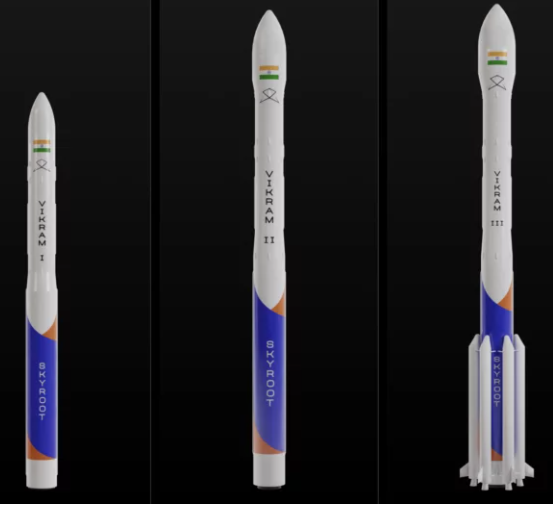Post Your Ad ?



About Space Impulse :-
A less ambitious actor might have settled with the fact that accounting for 2% of the US $370 billion global space industry of 2020 is not a bad deal. Not India though. The country, taking note of the field’s potential, plans to turn its formerly US $7 billion space sector into a US $50 billion one by 2024, requiring it to overhaul its space landscape and embrace commercialization by private entities. A comparable strategy worked wonders on the US’s programs, bringing about a thriving industry, countless satellites in orbit, and launches at bargain prices. Might India be eyeing similar goals? Though Indian space activities date back to the 1960s, its programs have been mostly government-centered. The Indian Space Research Organization (ISRO) – the country’s space agency, operating under the Department of Space (DoS) – has long been the country’s sole launch provider. Two types of expendable medium-lift rockets, the Polar Satellite Launch Vehicle (PSLV) and the Geosynchronous Satellite Launch Vehicle (GSLV), have been the agency’s workhorses for decades, and a new Small Satellite Launch Vehicle (SSLV) was recently introduced. A Reusable Launch Vehicle (RLV), which looks like a mini space shuttle, is also in development. Throughout their existence, the two veteran rockets launched projects including two lunar missions and one Martian and over 424 satellites originating from 34 different countries. The Antrix Corporation was established by the government in 1992 to deal with such foreign or commercial ventures (though Antrix was replaced by NewSpace India Limited, or NSIL, in 2019). These governmental customers might have been enticed by the fact that while expensive, ISRO’s payload-to-orbit price was still on the lower side. Then came SpaceX. Armed with unbeatable prices, it soon became the leading global provider for commercial launches, hoovering up 65% of the global market share in 2018. Trailing behind it are a string of fledgling companies hoping to accomplish the same. With the industry flocking to pastures cheaper, India recognized the need for action – especially considering that around the same time, a young generation of space startups began gearing up. While ISRO has long been outsourcing work to private companies in India (as of 2013, around 400 companies frequently contracted for the agency), this was not enough; a commercial industry was needed to cut costs and keep pace with the modern landscape. 2020 saw a wave of deregulations hit the sector, opening the door to private space companies in India. The Indian National Space Promotion and Authorisation Centre (IN-SPACe), an agency operating under the DoS, was also established. IN-SPACe would serve as the link between commercial and government ventures, with the aim to ‘enable and facilitate the participation of private players’ by ‘promoting’ and ‘supervising’ the building of satellites and launch systems, and allow commercial entities to use ISRO infrastructure. The Indian Space Association (ISpA), a coalition of Indian space companies, was formed a year later to form the ‘voice of the industry’. Several companies have since risen to prominence, and their existence is still supported today by India’s 2023 Space Policy. Address : 2967 Dundas St W Toronto, ON M6P 1Z2
- Multiple : Skyroot Aerospace, Bellatrix Aerospace, Dhruva Space, Agnikul Cosmos, Pixxel

Space Impulse 
Establishment since 2023